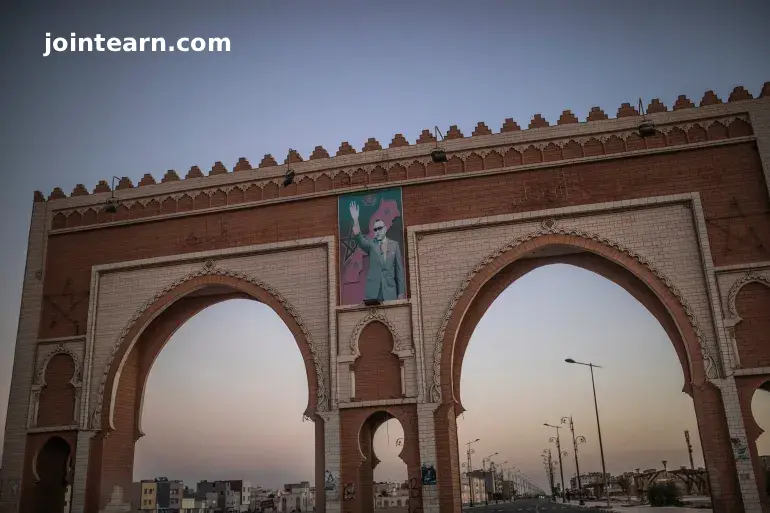
The United Nations Security Council (UNSC) has adopted a resolution supporting Morocco’s plan for genuine autonomy in Western Sahara, a territory long disputed between Morocco and the Algeria-backed Polisario Front. The decision, backed by the Trump administration, marks a significant step in the decades-long conflict over the desert region.
Background: The Western Sahara Dispute
Western Sahara, a desert territory roughly the size of Britain, has been at the center of Africa’s longest-running territorial dispute since Spain withdrew in 1975 and Morocco annexed the region.
- Morocco claims sovereignty over the territory.
- The Polisario Front seeks independence, advocating for a separate Sahrawi Republic.
- The conflict has persisted for 50 years, with intermittent violence and refugee crises in neighboring Algeria.
The UNSC resolution, drafted by the United States, calls for negotiations based on Morocco’s autonomy plan, first presented to the UN in 2007.
Details of the UN Resolution
The resolution:
- Encourages negotiations between Morocco and the Polisario Front on Morocco’s autonomy proposal.
- Renewed the mandate of MINURSO (UN Mission for the Referendum in Western Sahara) for one year.
- Calls on UN Secretary-General Antonio Guterres to provide a strategic review of MINURSO within six months.
Voting outcome:
- 11 members voted in favor.
- Russia, China, and Pakistan abstained.
- Algeria did not participate.
The U.S. ambassador to the UN, Mike Waltz, emphasized that “regional peace is possible this year” and pledged to facilitate progress.
Morocco’s Autonomy Plan
Morocco’s proposed plan offers:
- Local legislative, executive, and judicial authorities elected by residents of Western Sahara.
- Rabat retains control over defense, foreign affairs, and religious matters.
King Mohammed VI described the resolution as opening a “new and victorious chapter” for Morocco, urging Sahrawi refugees in Algeria’s Tindouf camps to embrace autonomy and participate in dialogue. Celebrations erupted across Moroccan cities following the UNSC vote.
Polisario Front’s Position
The Polisario Front has stated that the resolution does not imply recognition of Moroccan sovereignty. Representative Sidi Omar emphasized that the group will review the resolution and issue an official position in due course.
The Polisario Front continues to advocate for a referendum, including independence as an option, as the core solution to the conflict.
International Reactions
The UN resolution signals a shift in international support:
- United States: President Trump reaffirmed in July that Morocco’s autonomy plan is the sole solution. The U.S. continues efforts to mediate between Morocco and Algeria.
- France: Recognized Moroccan sovereignty and approved investment initiatives in the territory.
- United Kingdom: Endorsed Morocco’s autonomy plan earlier this year.
- Spain and EU states: Increasingly back Morocco’s position, indicating a European policy shift toward Rabat.
Implications for Peace in the Region
Analysts suggest that the UNSC’s endorsement could:
- Strengthen Morocco’s diplomatic standing in Africa and internationally.
- Pressure the Polisario Front to engage in negotiations.
- Provide a framework for a potential resolution to the 50-year conflict.
However, the path to a lasting peace deal depends on continued dialogue between Morocco, the Polisario Front, and regional actors, including Algeria, whose stance remains critical to any agreement.


Leave a Reply